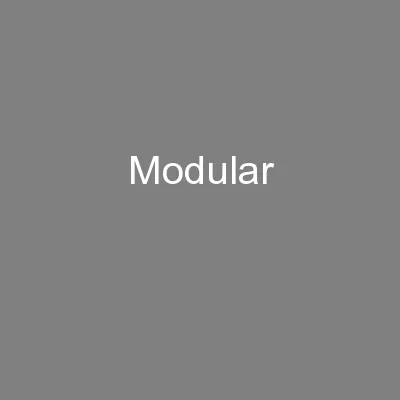PPT-Two Projects Using Lattices, Modular Forms,
Author : mitsue-stanley | Published Date : 2018-11-18
String Theory amp K3 Surfaces Herstmonceaux Castle June 23 2016 Gregory Moore Desperately Seeking Moonshine a project with Jeff Harvey Part I s till in progress
Presentation Embed Code
Download Presentation
Download Presentation The PPT/PDF document "Two Projects Using Lattices, Modular Fo..." is the property of its rightful owner. Permission is granted to download and print the materials on this website for personal, non-commercial use only, and to display it on your personal computer provided you do not modify the materials and that you retain all copyright notices contained in the materials. By downloading content from our website, you accept the terms of this agreement.
Two Projects Using Lattices, Modular Forms,: Transcript
Download Rules Of Document
"Two Projects Using Lattices, Modular Forms,"The content belongs to its owner. You may download and print it for personal use, without modification, and keep all copyright notices. By downloading, you agree to these terms.
Related Documents














